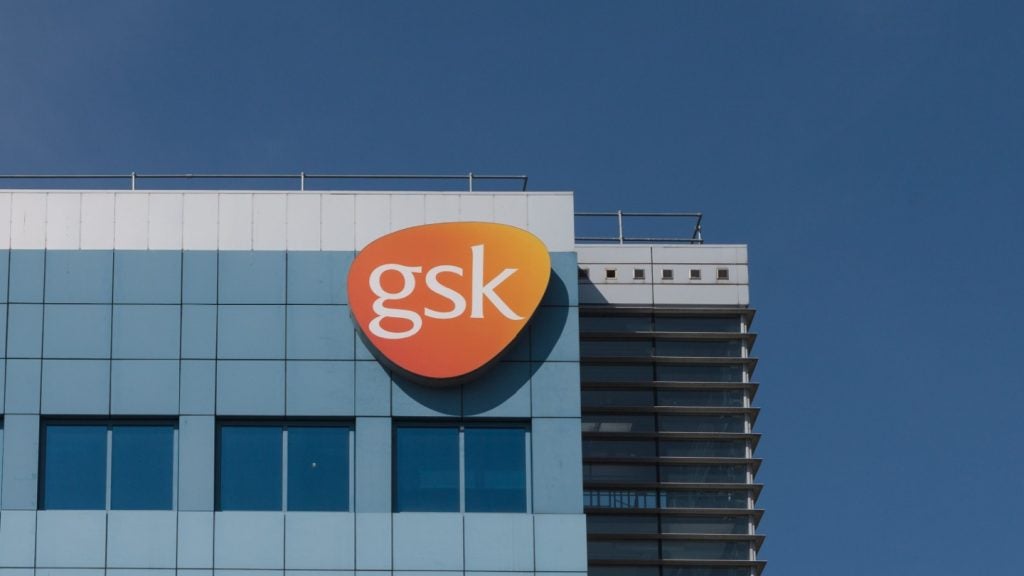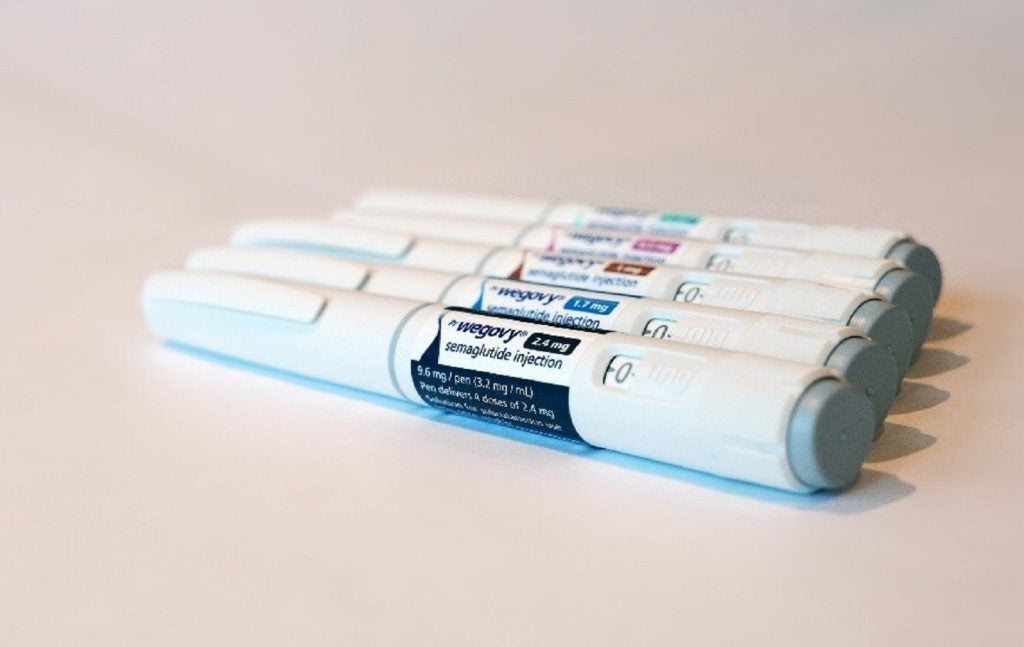The European Commission has approved BeiGene’s PD-1 inhibitor Tevimbra (tislelizumab) in combination with chemotherapy as a first-line treatment for oesophageal squamous cell carcinoma (ESCC) and gastric or gastroesophageal junction (G/GEJ) adenocarcinoma.
This approval expands Tevimbra’s indication in the European Union (EU), where it was previously approved for treating advanced or metastatic ESCC after chemotherapy in 2023. The monoclonal antibody is also approved to treat several non-small cell lung cancer (NSCLC) indications covering both the first- and second-line settings.
The commission’s decision is based on data from two Phase III trials. The RATIONALE 306 study (NCT03783442) showed that Tevimbra improved median overall survival (OS) to 8.6 months compared to 6.3 months with chemotherapy, demonstrating a clinically meaningful benefit. The RATIONALE 305 trial (NCT03777657), involving patients with advanced G/GEJ adenocarcinoma, showed a median OS of 15 months with Tevimbra plus chemotherapy, compared to 12.9 months with placebo and chemotherapy. In patients with PD-L1 expression of more than 5%, OS improved further to 16.4 months versus 12.8 months.
Tevimbra targets the PD-1 receptor, a checkpoint protein that suppresses the immune response. By inhibiting PD-1, Tevimbra enhances the activity of T cells, allowing them to recognise and attack tumour cells more effectively. BeiGene’s trials suggest that this mechanism, combined with chemotherapy, offers survival benefits in PD-L1-expressing cancers.
Florian Lordick, director and professor of oncology of the University Cancer Center Leipzig, Germany, said: “Patients diagnosed with advanced gastric and oesophageal cancers confront median survival times measured in months, not years—highlighting the urgent need for more effective treatment options.”
BeiGene’s drug joins a competitive market for PD-1 inhibitors targeting oesophageal and gastric cancers. Established competitors include MSD’s Keytruda (pembrolizumab) and Bristol Myers Squibb’s Opdivo (nivolumab). According to GlobalData’s Pharma Intelligence Center, Tevimbra is set to generate $1.7bn in 2030, whereas Keytruda and Opdivo are forecast to pull in $23.2bn and $9.1bn in sales each, respectively.
GlobalData is the parent company of Pharmaceutical Technology.
Immunotherapy drugs such as PD-1 inhibitors have been generating big bucks. Last year, Keytruda accounted for 40% of MSD’s pharmaceutical sales, making it the company’s most successful product. However, the therapy is on schedule to lose its patent protection in 2028, opening the door to biosimilar competition.
Last month, BeiGene launched Tevimbra in the US. Last month, the company’s North American general manager Matt Shaulis said that the company will be pricing Tevimbra at a 10% discount to other PD-1 therapies available in second-line ESCC, including MSD’s Keytruda.















